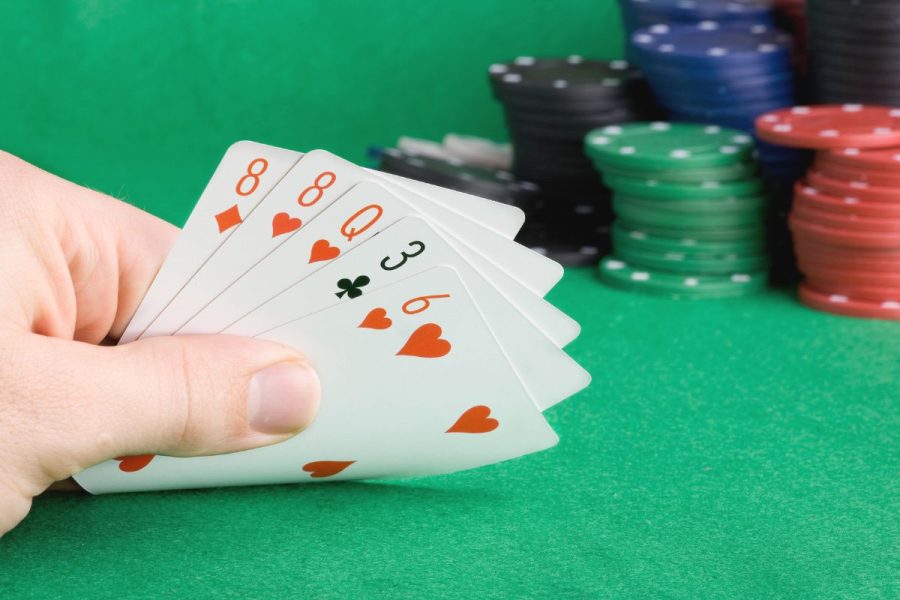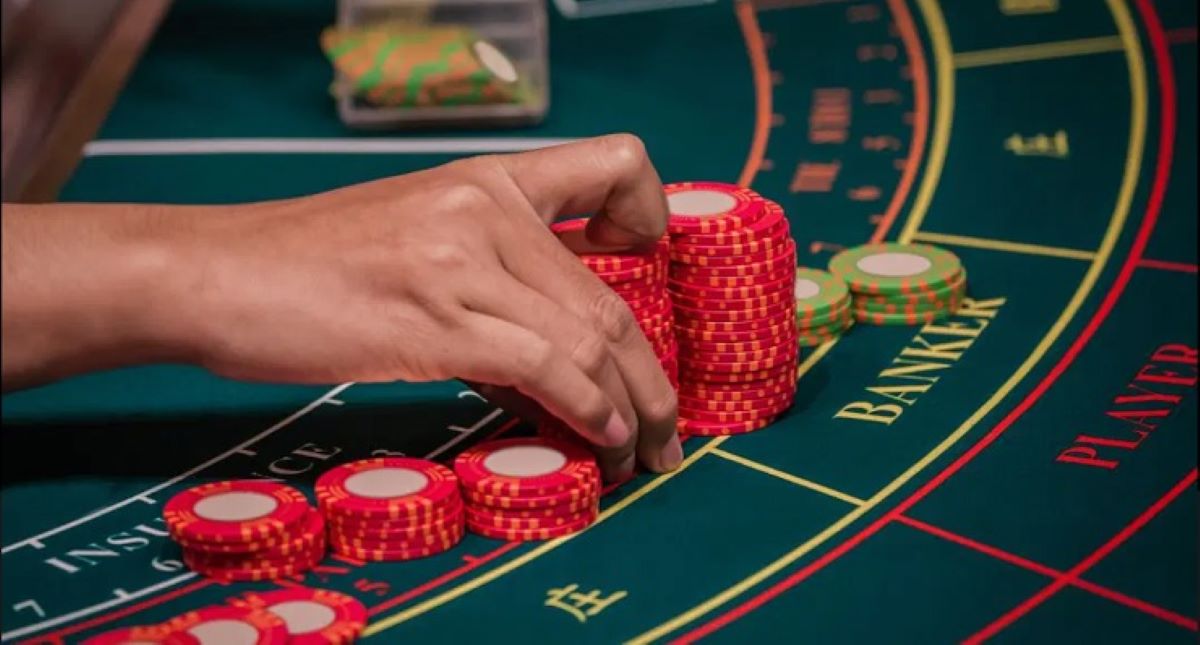Casinos are not just places filled with flashing lights and the sounds of spinning wheels; they are sophisticated operations rooted in mathematical principles. Every slot machine, blackjack table, and roulette wheel is meticulously designed to ensure that the odds tilt in favor of the house.
How do they accomplish this? Behind the glitzy facade lies a world of statistics and probability that governs gameplay, influences player behavior, and ultimately secures profits. From calculating house edges to employing complex algorithms, the casino industry harnesses mathematical strategies that not only enhance the gaming experience but also create a systematic advantage.
By exploring these methods, we uncover the intricate dance between chance and strategy that defines the gambling landscape, revealing how every roll of the die is, in effect, a calculated gamble.
Probability and Game Design

In the intricate world of game design within casinos, probability plays a vital role, acting as the unseen architect that shapes player experience and house advantages. Each game, from the spinning reels of slot machines to the strategic maneuvers at the poker table, is meticulously crafted with mathematical precision.
Designers analyze the odds, ensuring that while players feel a rush of excitement, they are gently nudged toward outcomes that favor the establishment. For instance, the thrill of a near win tantalizes players, enticing them to play just one more round, all while the house edge quietly exerts its grip.
Every card shuffled, every die rolled, pulses with carefully calculated probabilities that keep the balance tipped. This delicate dance between chance and design not only fuels the casinos profits but also sustains the illusion of fairness, drawing players back with the allure of potential fortune.
The Role of Random Number Generators (RNGs)

At the heart of modern casino gaming lies the enigmatic yet pivotal Random Number Generator (RNG), a sophisticated algorithm that ensures outcomes are as unpredictable as they are fair. These ingenious systems operate behind the scenes, leveraging complex mathematical models to produce sequences of numbers that dictate game results—from the spin of a roulette wheel to the shuffle of a deck of cards.
But the allure of chance isn’t merely about randomness; its about the illusion of it. Gamblers expect unpredictability, but casinos harness this expectation, turning it to their advantage.
By meticulously calibrating the odds and integrating house edges, casinos can create an environment where each games apparent randomness subtly nudges outcomes in their favor, all while maintaining the thrill that keeps players engaged and returning for more. Thus, RNGs are not just tools of chance; they’re crucial players in a grand strategy where mathematics and psychology intertwine, captivating and confounding players in equal measure.
The Future of Mathematical Strategies in Gambling

As we look ahead, the landscape of mathematical strategies in gambling is poised for remarkable evolution, driven by technological advancements and the ever-changing dynamics of player behavior. The integration of artificial intelligence and machine learning is set to revolutionize traditional algorithms, allowing casinos to analyze player patterns with unprecedented accuracy.
Moreover, as data collection becomes more sophisticated, casinos will leverage real-time analytics to continuously adjust odds and promotions, creating a dynamic gambling environment that keeps players guessing. Meanwhile, the rise of online gaming will necessitate new mathematical models to account for virtual interactions, moving beyond classic probability theories to embrace complex simulations.
Players, too, armed with greater access to statistical knowledge and tools, may begin to counteract these strategies, leading to a fascinating arms race of mathematics in gambling that promises both challenges and innovations for the future.
Conclusion
In conclusion, the intricate mathematics behind casino games plays a pivotal role in shaping the overall gambling experience. By employing statistical models and probability theories, casinos are able to design games that maximize their profits while keeping players coming back for more.
From house edges and payout percentages to intricate algorithms that govern slot machines, these strategies create a carefully crafted environment where the odds are ever tilted in favor of the house. Understanding these mathematical principles can empower players to make more informed decisions and approach gambling with a strategic mindset.
For those looking to delve deeper into the fascinating intersection of math and gambling, resources like https://spy-casino.com/ offer valuable insights into how these dynamics play out in real-world settings. Ultimately, while luck may play a role, it is the mathematics behind the scenes that truly defines the casino experience.




